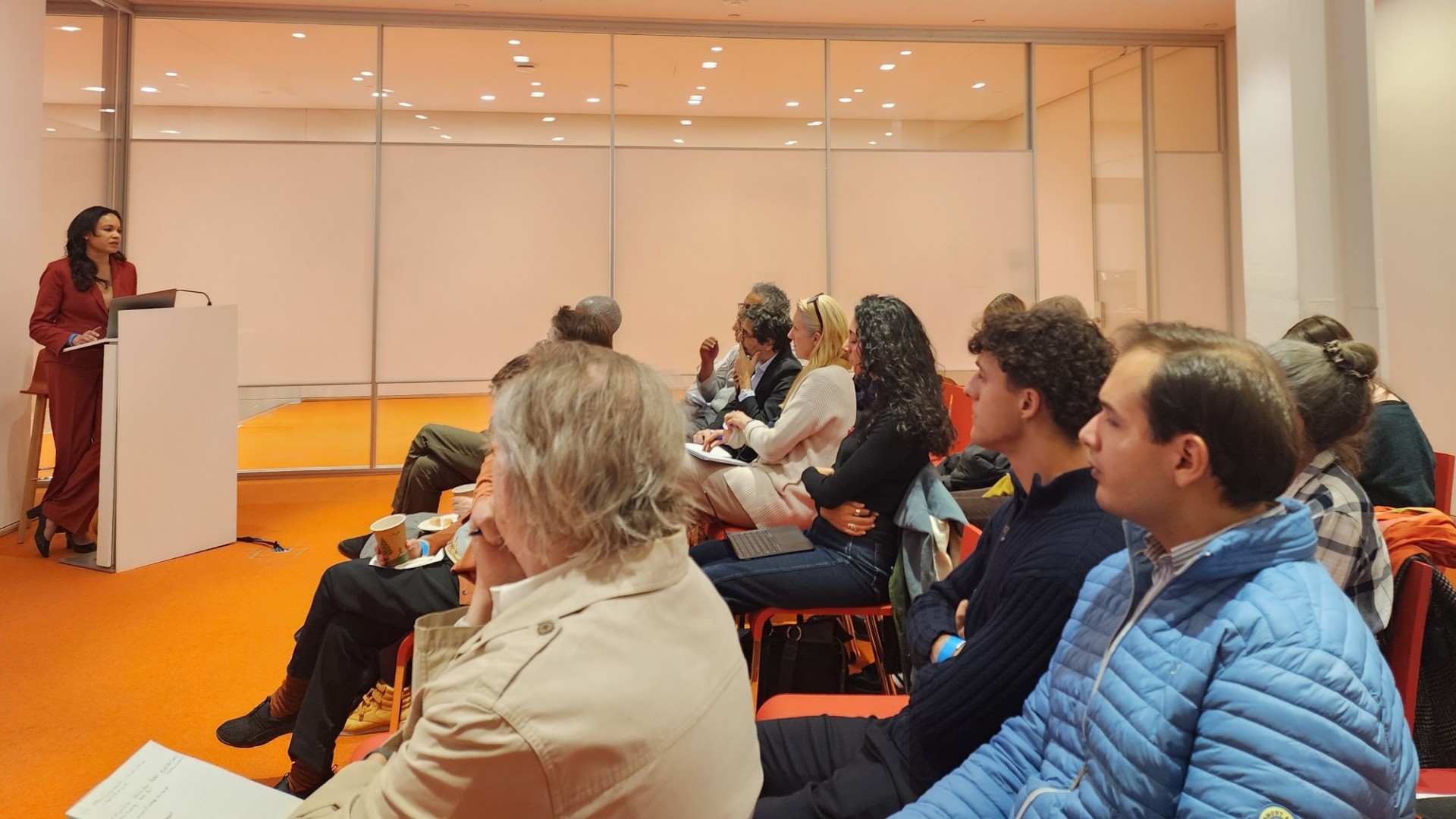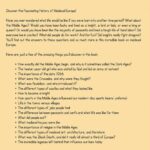In the realm of historical exploration, medieval history has always been the subject of fascination and intrigue. With its rich tapestry of knights, castles, and royal intrigues, the medieval era has left an indelible mark on our collective consciousness. To delve deeper into this captivating era, historians, researchers, and enthusiasts gather at various conferences dedicated to medieval history.
The Essence of Medieval History Conferences
Medieval history conferences serve as a platform for scholars and aficionados to exchange knowledge, research findings, and insights into the various facets of this captivating epoch. These gatherings provide a forum to explore the political, social, economic, and cultural dimensions of the medieval period, contributing significantly to our understanding of this pivotal era.

Credit: issuu.com
Highlights of Notable Conferences
One of the most prestigious gatherings in this realm is the International Medieval Congress (IMC) held annually at the University of Leeds. This eminent conference draws scholars from across the globe to present papers, engage in discussions, and network with peers, fostering a vibrant exchange of ideas.
An integral aspect of the IMC is the diverse array of topics covered, ranging from military history and religious movements to art, literature, and gender studies. The inclusivity and comprehensiveness of the IMC make it a hallmark event for anyone passionate about medieval history.
Medievalist Gatherings: A Glimpse into the Past
Central to these conferences are the captivating presentations and lectures delivered by esteemed historians. From illuminating insights into the lives of medieval monarchs to enthralling discussions on architectural marvels, these presentations offer a multidimensional view of the medieval world, transporting the audience to a bygone era.
Moreover, these conferences often feature workshops and interactive sessions where attendees can immerse themselves in medieval calligraphy, heraldry, and even try their hand at ancient crafts, providing a tactile and immersive understanding of medieval life.

Credit: www.amazon.com
Networking and Collaboration
While the academic and intellectual pursuits take center stage, the conferences also provide an invaluable opportunity for networking and collaboration. Scholars, students, and enthusiasts converge to engage in lively conversations, forging connections that often lead to collaborative research, publications, and future projects.
Embracing Digital Realm: Virtual Conferences
With the advent of technology, medieval history conferences have transcended geographical barriers, offering virtual editions that enable global participation. The virtual realm has facilitated access to these gatherings for enthusiasts who may not have the means to travel, fostering a more inclusive and interconnected community of medieval history aficionados.
The Legacy of Medieval History Conferences
As the torchbearers of a profound historical era, medieval history conferences not only enrich our understanding of the past but also inspire the historians, researchers, and enthusiasts of the future. The legacy of these conferences lies in their enduring impact on the scholarly discourse surrounding the medieval period, shaping the narratives that continue to captivate and educate generations.
Frequently Asked Questions Of Medieval History Conferences: Unveiling The Rich Tapestry Of The Past
What Were The Major Events During The Medieval Period?
The medieval period witnessed significant events such as the Crusades, the Black Death pandemic, and the signing of the Magna Carta.
Who Were The Key Figures In Medieval History?
Prominent figures in medieval history include Charlemagne, Joan of Arc, William the Conqueror, and Marco Polo.
How Did Feudalism Impact Medieval Society?
Feudalism structured medieval society, with kings granting land to nobles in exchange for military service and peasants working the land.
What Were The Contributions Of Medieval Architecture?
Medieval architecture gifted humanity with magnificent cathedrals, castles, and fortresses, showcasing innovative techniques like flying buttresses and ribbed vaults.
Guest Author Sakhawat-Shuvo wrote and edited this Article based on his best knowledge and understanding. These opinions and remarks are not endorsed or guaranteed by epichistoria.com or EpicHistoria. The Epic Historia does not guarantee this article’s content. Readers should verify and use their judgment before trusting the content. Also, the Images used in this Article are the copyright of their Respective Owners. Please use our Comment Box or Contact Us form to report this content. This information is not accountable for losses, injuries, or damages.

